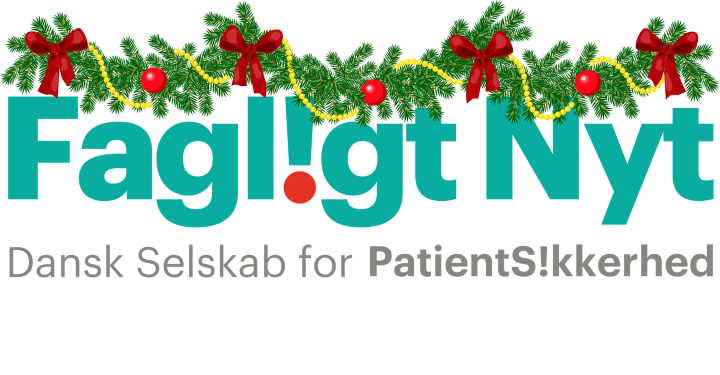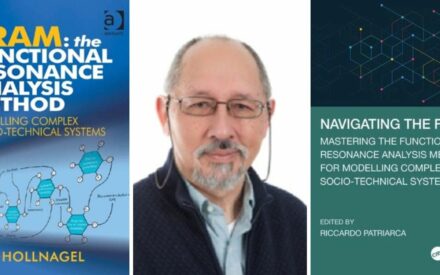*The title refers to Dr Donald Berwick comments at the National Forum: “There is no quality without compassion”.
In Charles Dickens’ A Christmas Carol, the spendthrift Ebenezer Scrooge is forced to come to terms with his life through visits from the spirits of Christmas Past, Christmas Present, and Christmas Future. He learns that money is not the secret to happiness and begins to make a very different impact on the lives of the family of his employee Bob Cratchit. We all know the story well, but how often do we reflect on the central role of compassion to this story?
To start with, Scrooge is anything but compassionate. He shows no regard for Cratchit and seems troubled to even give him Christmas Day off work. He mocks those who raise money for the poor and seems content to brood at home alone. However, that all changes once the spirits have made their rounds. As a result of these visits, Scrooge begins to realize that it is through compassion that he will ultimately find meaning in his life.
Focus on the theme of compassion
As we all know, compassion is for life, not just for Christmas (apologies to the dogs trust), as such, we at PS! have focused on the theme of compassion through much of our work this year.
For example, in the spring, we held an online workshop with Dr Bob Klaber (Imperial) Communication, Kindness and Quality Improvement’. We highlighted a number of reports which had been produced focusing on the issue, for example from the Kings Fund and Carnegie UK Trust called ‘The courage to be kind’ takes an in-depth look at the role of kindness in the healthcare response to COVID-19. We also directed readers to the wonderful book (Compassionomics) by Stephen Trzeciak and Anthony Mazzarelli which summarizes the evidence for the influence of compassion in healthcare.
At our conference in the autumn, we held a workshop looking specifically at the role of compassion in staff wellbeing. Nanja Holland Hansen (Psykolog, Aarhus University) and Benedicte Lunddahl (Chefkonsulent, Lægemiddelstyrelsen) spoke elequently about ‘Compassion og nærvær som forebyggende tiltag imod stress og udbrændthed – hvad er det, og hvordan virker det?’ and ‘Kindness og compassion i arbejdslivet – perspektiv og erfaringer’ to a very interested audience.
Of course, the theme of compassion is not new for 2021, back in 2018, we invited Professor Michael West to Denmark to speak on the role compassionate leadership has in healthcare in which Prof West outlined what compassionate leadership consists of: Attending (paying attention to staff / listen with fascination), Understanding (finding a shared understanding of the situation they face) and Helping (taking intelligent action to help).
Prof West, provides a detailed and thought provoking overview of this subject in his new book – the first chapter of which is available here: Collective and compassionate leadership | The Psychologist (bps.org.uk).
Benefits for patients
Drawing upon some of the literature examining the role of compassion in healthcare, including how to measure it, we are keen to (re)emphasise that healthcare encounters that include compassion offer substantial benefits for patients, such as increasing trust in the patient–physician relationship, improving patient satisfaction, symptoms and quality of life, and aiding recovery.
Compassion can also have a positive effect on clinician outcomes through increased job satisfaction and retention. Indeed, in several studies, patients and their families have identified compassion as a necessity during healthcare encounters.
So, with our final act of 2021, we would like to invite you to take a few moments to pause and reflect, so that you can look back over the last 12 months, to think about your current situation, and imagine the future and what role compassion has in healthcare, and importantly, how you can make an impact, because as we know, compassion is more than empathy; it includes the desire for action.
Fagligt Nyt om patientsikkerhed er et nyhedsbrev, der udgives af PS!, og som udkommer 4-5 gange årligt. Det formidler nyt om de seneste nationale og internationale forskningsresultater, begivenheder, trends og meninger inden for patientsikkerhed.
Tilmeld dig Fagligt Nyt




